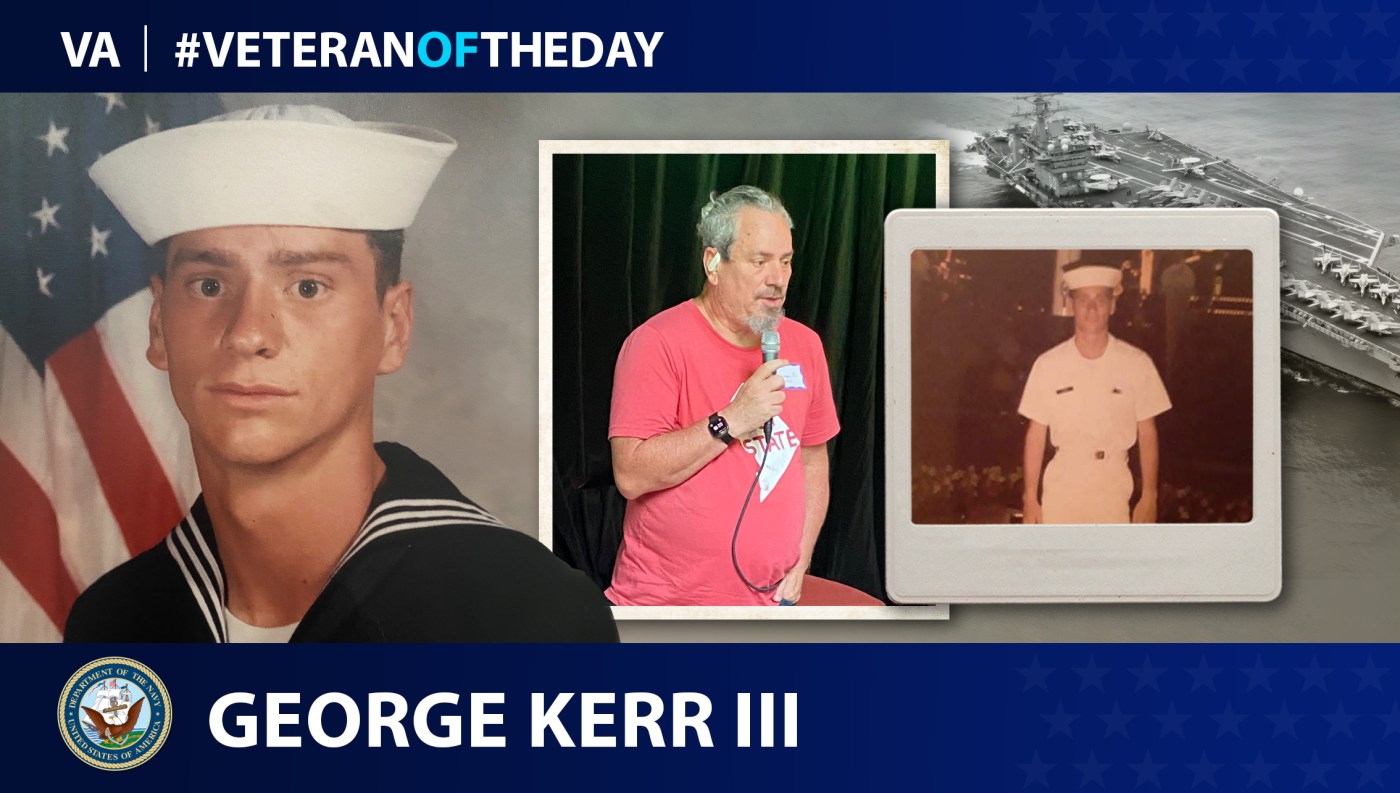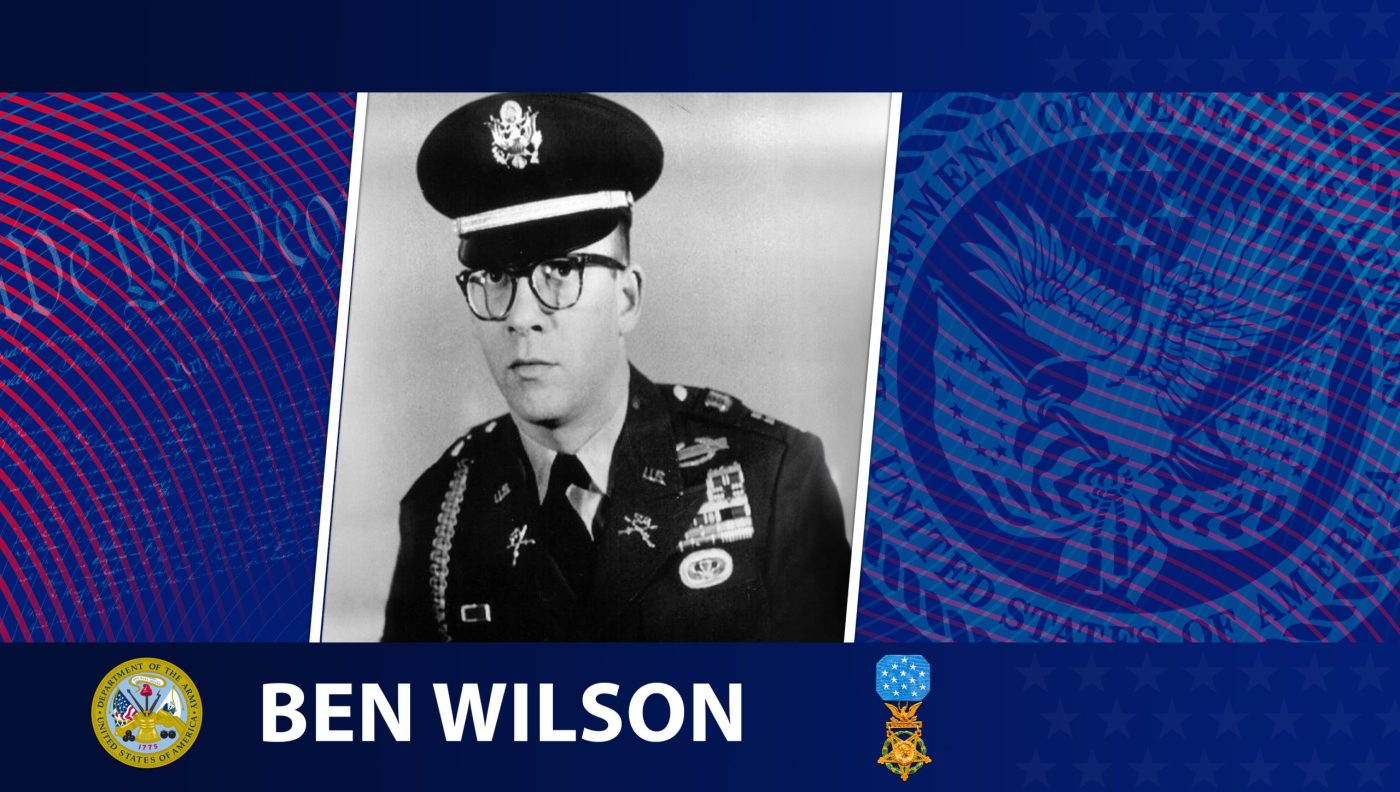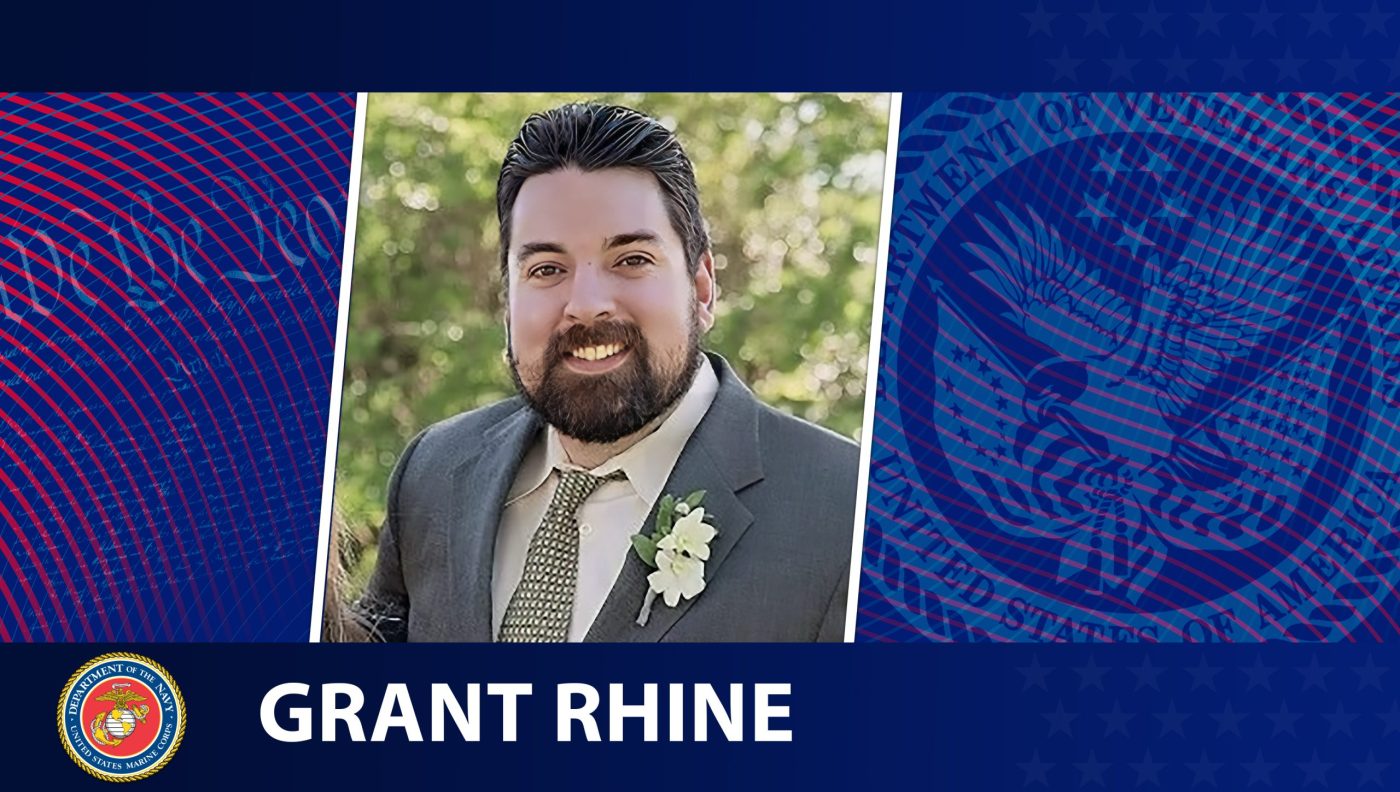George Kerr III served eight years in the Navy, first as an operations yeoman supporting pilots aboard the USS Nimitz and later in the Office of Administrative Affairs at the Pentagon preparing officers for Congressional hearings. He planned on being a “lifer,” but no longer felt safe under the then-newly implemented “Don’t Ask, Don’t Tell” policy. He left the service for a life of public health advocacy, beginning at the height of the AIDS/HIV crisis.
Kerr entered the service in 1985, right out of high school. At that time, he “had a lot going on,” partly due to his family constantly moving with his father’s construction work. “I moved around quite a bit, so I don’t call one place home,” Kerr recalled. He also wanted the opportunity to serve.
He was first assigned to an air squadron based in Cecil Field, Florida. During a training and security deployment to the Mediterranean aboard the USS Nimitz, he served as an operations yeoman. In 1989, he was reassigned to work at the Pentagon.
“I worked with officers who were preparing to do visits to Capitol Hill for hearings with the House or the Senate,” he said.
Kerr earned numerous service awards and enjoyed his work, but during “Don’t Ask, Don’t Tell,” he felt increasingly unsafe.
“They were planning on sending me to a Marine amphibious ship as an administrator, but I didn’t feel that would be safe,” Kerr said. “I was afraid of the unknown at that point, including violence.”
Instead of retreating to a private life, Kerr began a career in public health advocacy that continues to this day.
“HIV, I knew very little about it then. The numbers in [Washington,] D.C. were growing very rapidly. I went to work for Family Health International. With my connection, I was able to bring people on the international level to look at what we were doing here in the district and help advise,” he said.
Aaron Terry, a fellow Veteran and activist, said Kerr was a strong voice during the crisis and never gave up, despite the roadblocks and lack of support for victims and survivors at the time.
“George is a natural advocate and leader even when others may not always be able to,” Terry said. “[He perseveres] through the most difficult tragedies and situations that life can present.”
Kerr’s advocacy continues, particularly on behalf of other LGBTQ+ Veterans. Washington D.C. LGBTQ Veteran Coordinator, Fallon Williams, said her position is due in part to Kerr’s push to have it established in the mayor’s office.
“George Kerr did his best to serve his country and also identify as LGBTQIA+,” Williams said. “He continues to serve his community outside of the uniform. Since my start, he has been one of the major ambassadors ensuring we have effective resources available for D.C. LGBTQ+ Veterans.”
We honor his service.
Nominate a Veteran
Do you want to light up the face of a special Veteran? Have you been wondering how to tell your Veteran they are special to you? VA’s “Honoring Veterans” social media spotlight is an opportunity to highlight your Veteran and his/her service.
It’s easy to nominate a Veteran. Visit our blog post about nominating to learn how to create the best submission
Writer: Philip Van Slooten
Editors: Cate Manning, Marisa Bunton
Researcher: Raphael Romea
Graphic Designer: Kiki Kelley
Topics in this story
Link Disclaimer
This page includes links to other websites outside our control and jurisdiction. VA is not responsible for the privacy practices or the content of non-VA Web sites. We encourage you to review the privacy policy or terms and conditions of those sites to fully understand what information is collected and how it is used.
Statement of Endorsement
Reference herein to any specific commercial products, process, or service by trade name, trademark, manufacturer, or otherwise, does not necessarily constitute or imply its endorsement, recommendation, or favoring by the United States Government, and shall not be used for advertising or product endorsement purposes.
More Stories
This week’s Honoring Veterans Spotlight honors the service of former MLB player and Army Veteran Richard “Dick” Groat, who served from 1953 to 1954 during the Korean War.
This week’s Honoring Veterans Spotlight honors the service of Army Veteran Benjamin F. Wilson, who served during World War II and the Korean War.
This week’s Honoring Veterans Spotlight honors the service of Marine Corps Veteran Grant Rhine, who is now active in the Veteran community Irreverent Warriors.






